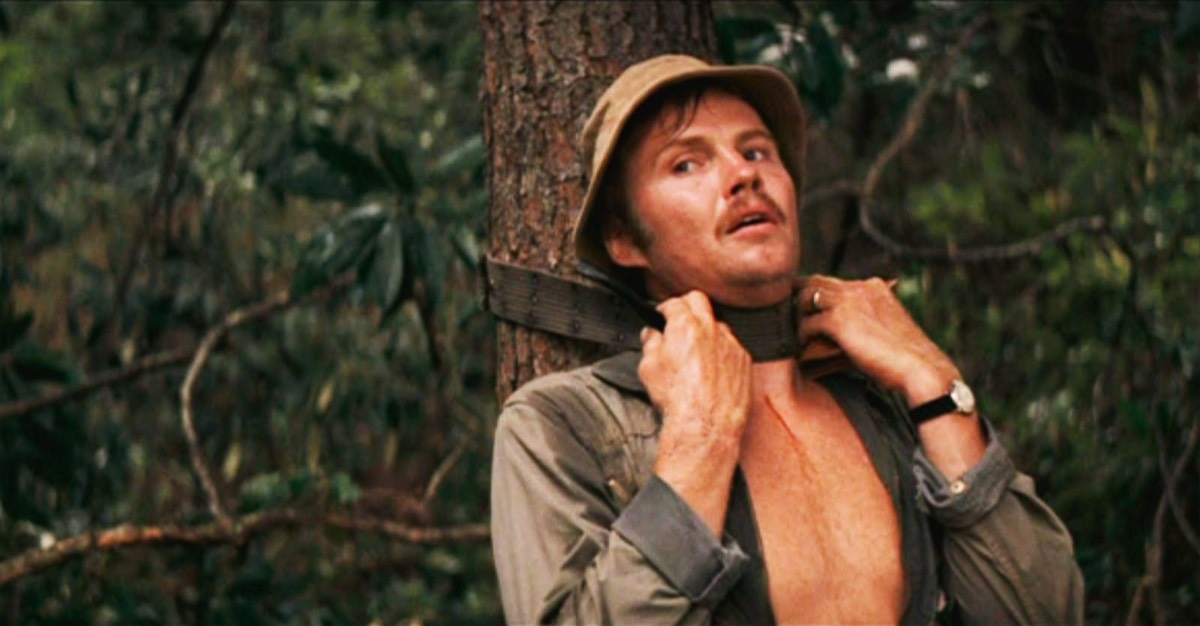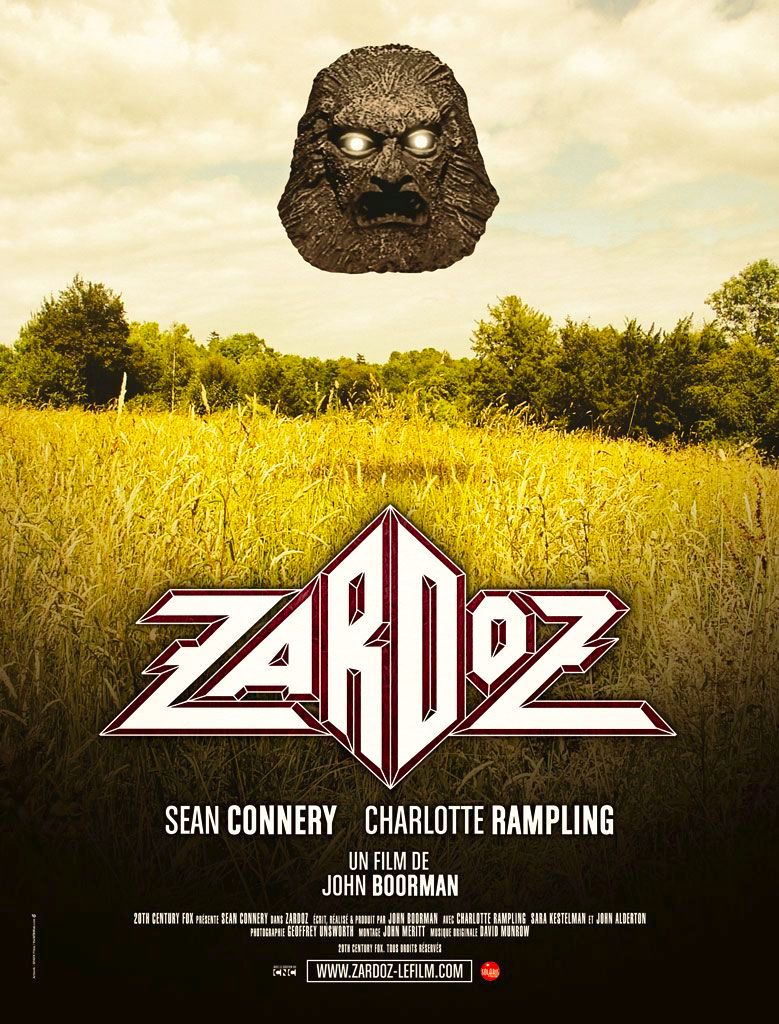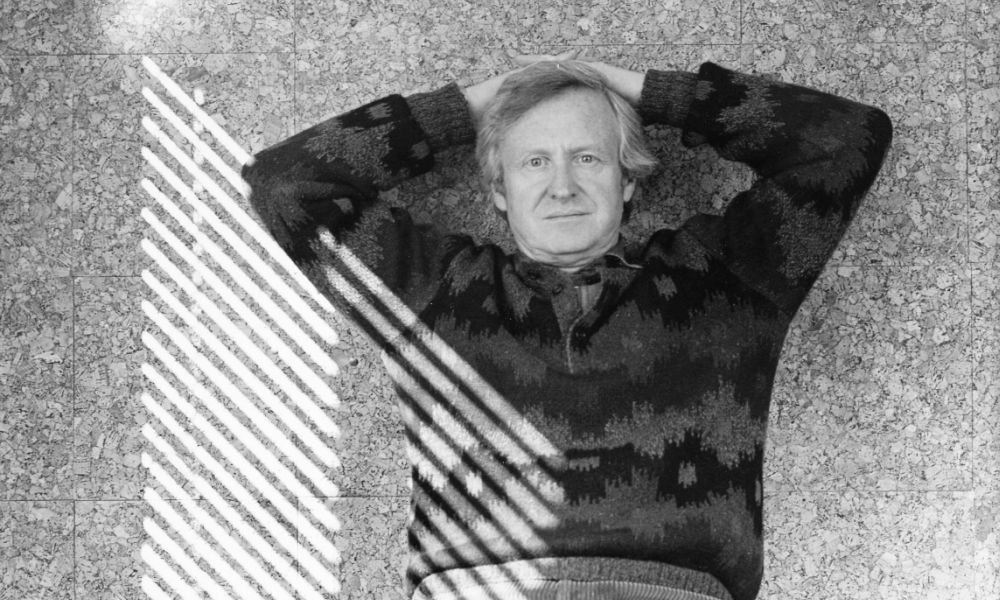"Among the first generation of British film directors to emerge from television, John Boorman has become one of the most distinguished and original British film-makers of the last forty years. Although some of his best work belongs to American cinema, his darkly romantic sensibility and fascination with the power of myth can be claimed as distinctly national tendencies." - Robert Shail (British Film Directors: A Critical Guide, 2007)
John Boorman
Key Production Countries: UK, USA, Ireland
Key Genres: Drama, Comedy Drama, Adventure Drama, Fantasy Adventure, Fantasy, Gangster Film, Political Drama, Crime, Satire, Comedy, War Drama
Key Collaborators: Anthony Pratt (Production Designer), Ron Davis (Editor), Brendan Gleeson (Leading Actor), Robert Chartoff (Producer), Philippe Rousselot (Cinematographer), Seamus Deasy (Cinematographer), Ian Crafford (Editor), Tom Priestley (Editor), Derek Wallace (Production Designer), David Hayman (Character Actor), Lee Marvin (Leading Actor), Jon Voight (Leading Actor)
Key Genres: Drama, Comedy Drama, Adventure Drama, Fantasy Adventure, Fantasy, Gangster Film, Political Drama, Crime, Satire, Comedy, War Drama
Key Collaborators: Anthony Pratt (Production Designer), Ron Davis (Editor), Brendan Gleeson (Leading Actor), Robert Chartoff (Producer), Philippe Rousselot (Cinematographer), Seamus Deasy (Cinematographer), Ian Crafford (Editor), Tom Priestley (Editor), Derek Wallace (Production Designer), David Hayman (Character Actor), Lee Marvin (Leading Actor), Jon Voight (Leading Actor)
"There is little doubt that this British-born director would have made it as a painter. His films, though sparsely scattered through the the 1960s and 1970s, are, without exception, among the most striking visually in the modern cinema. The images in his films are as haunting as they are handsome, and some, like the final shot of the hand rising from the water in Deliverance, may disturb your dreams." - David Quinlan (Quinlan's Illustrated Guide to Film Directors, 1999)
"However erratic Boorman's career, his finest work displays a passion, originality and consistency of vision all too rare among British directors. Despite his documentary origins, he has seldom felt restricted by his country's traditional demands for realism; his films are provocative, personal, and unusually unpredictable." - Geoff Andrew (The Film Handbook, 1989)

Deliverance (1972)
"He is a unique, visionary filmmaker, but his yearning for new types of material does not quite hide a record more at ease with reliable genres. His most conventional pictures, the most accessible in their situation, have been the best." - David Thomson (The New Biographical Dictionary of Film, 2002)
"Throughout his career, Boorman has been wilfully unexpected. In his hands, something as commercial-sounding as a Lee Marvin crime thriller becomes unsettlingly existential, while what could have been a straightforward sequel to a blockbuster horror instead eschews scares altogether, in favour of a sci-fi-inflected tale of good versus evil. “Sometimes it works, and comes together, and sometimes it doesn’t,” is how Boorman once summed up his bold approach. So restlessly experimental that it can be tricky to find a stylistic throughline in his work, Boorman has nonetheless realised many of his particular visions inside the studio system – and occasionally even found an eager audience for them." - Brogan Morris (BFI, 2023)
"Unusually intense action films with complex characters form the core of Boorman's filmography." - William R. Meyer (The Film Buff's Catalog, 1978)
"Boorman's oeuvre has no particular thematic cohesion, beyond a rather ponderous mysticism and a tendency toward Nietzchean machismo. Most of his films are distinguished more by their striking visual style. Point Blank made bold use of variegated single-colour schemes, while the unfairly maligned Zardoz (1973) created a vivid, impressionist haze through super-wide apertures and diffusion filters... In later years, Boorman's judgement failed him. This was particularly evident when he ventured too far afield from the Anglo-American turf he knew; as in Beyond Rangoon." - Jessica Winter (The Rough Guide to Film, 2007)
"Cerebral, ambitious director who joined the BBC in 1955 as an assistant editor after having written film reviews for magazines and BBC radio... Right in tune with the 1960s' innovative movie-making techniques, Boorman subsequently helmed mature pictures marked by superb visual sense and (usually) complex narrative structure." - Leonard Maltin's Movie Encyclopedia, 1995
"In over 40 years as a film director, John Boorman has made only 16 feature films, demonstrating a taste for the allegorical, and revealing a strength for visually distinctive story-telling." - Ronald Bergan (Film - Eyewitness Companions, 2006)
"He made his feature debut with Catch Us if You Can (1965), and went on to build an international career. Heavily influenced by the Arthurian legends, his films show a subtle use of colour and often include mythological resonances or involve some form of quest." - Chambers Film Factfinder, 2006
"A well-informed and fanatical propagandist for film, Boorman is one of Britain's finest directors, and his career is something of a miracle given the shabby way filmmakers of talent are often treated by the London-based institutions and governing bodies that should be helping and encouraging them. Many of Boorman's best films have consequently been shot with US and other foreign funding, producing such gems as Point Blank (1967), Hell in the Pacific (1968) and Deliverance (1972) - Excalibur (1981), a visually and aurally stunning evocation of the Arthurian legends, and the retrospectively ruminative Hope and Glory (1987), showed just what British filmmaking had been missing over the years of its director's enforced creative exile." - Mario Reading (The Movie Companion, 2006)
Selected Filmography
{{row.titlelong}}
GF Greatest Films ranking (★ Top 1000 ● Top 2500)
21C 21st Century ranking (☆ Top 1000)
T TSPDT N 1,000 Noir Films
R Jonathan Rosenbaum S Martin Scorsese
21C 21st Century ranking (☆ Top 1000)
T TSPDT N 1,000 Noir Films
R Jonathan Rosenbaum S Martin Scorsese
John Boorman / Favourite Films
The Birth of a Nation (1915) D.W. Griffith, Citizen Kane (1941) Orson Welles, Dr. Strangelove or: How I Learned to Stop Worrying and Love the Bomb (1964) Stanley Kubrick, 8½ (1963) Federico Fellini, La Roue (1923) Abel Gance, Seven Samurai (1954) Akira Kurosawa, The Seventh Seal (1957) Ingmar Bergman, Solaris (1972) Andrei Tarkovsky, Sunset Blvd. (1950) Billy Wilder, That Obscure Object of Desire (1977) Luis Buñuel.
Source: Sight & Sound (2002)
The Birth of a Nation (1915) D.W. Griffith, Citizen Kane (1941) Orson Welles, Dr. Strangelove or: How I Learned to Stop Worrying and Love the Bomb (1964) Stanley Kubrick, 8½ (1963) Federico Fellini, La Roue (1923) Abel Gance, Seven Samurai (1954) Akira Kurosawa, The Seventh Seal (1957) Ingmar Bergman, Solaris (1972) Andrei Tarkovsky, Sunset Blvd. (1950) Billy Wilder, That Obscure Object of Desire (1977) Luis Buñuel.
Source: Sight & Sound (2002)
John Boorman / Fan Club
Michel Ciment, Pierre Rissient, David Gordon Green, Martin Scorsese, Bertrand Tavernier, David Ansen, Andrew Haigh, Gilles Ciment, Geoff Dyer, Neil Young (critic), Nick Schager, Risaku Kiridoshi.
Michel Ciment, Pierre Rissient, David Gordon Green, Martin Scorsese, Bertrand Tavernier, David Ansen, Andrew Haigh, Gilles Ciment, Geoff Dyer, Neil Young (critic), Nick Schager, Risaku Kiridoshi.
"Fan Club"
These film critics/filmmakers have, on multiple occasions, selected this director’s work within film ballots/lists that they have submitted.
These film critics/filmmakers have, on multiple occasions, selected this director’s work within film ballots/lists that they have submitted.


